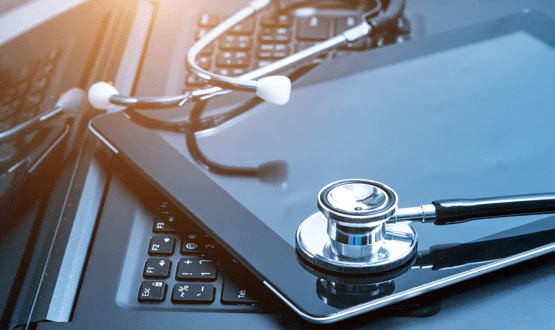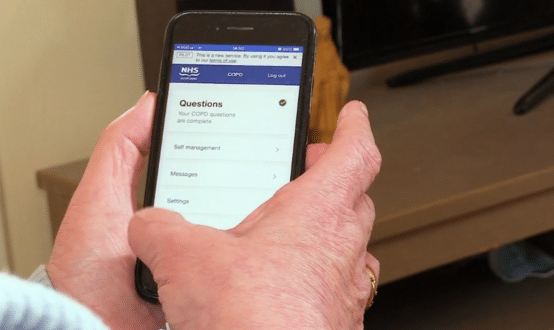IT key to patient care, says NeLH director
- 18 November 2004
“The care records service will be central,” Dr Gray told E-Health Insider. “It’s essentially completely impossible to run modern medicine on a paper-based system."
The new National Library for Health, which was announced yesterday, incorporates the NeLH and is currently a ‘work in progress’ to become a centralised point of contact for local, national and specialised library services, whether online or paper-based.
According to Dr Gray, several different kinds of software are being used for getting the right information to the right place. As well as a new web search facility due to go live in the New Year, the NeLH also incorporates a visual search program developed at the Royal Free Hospital, north London, called Map of Medicine.
The software, which is web-based, shows a pictorial diagram of both local and national search results ordered by subject. It was built by Medic-to-Medic at the Royal Free and funded by money from haemophilia drug Factor 8, which was also developed at the hospital. “It’s a real British success story," explained Dr Gray.
A clinician, looking for information about diabetes services, for instance, can find both national guidelines and local phone numbers and support services. As Dr Gray explains, “The great thing about the map is that as well as tracking the NICE guidelines you can ask, for instance, for Derbyshire information."
Another aspect of the NeLH is DiPEX, videos and information of patient experience of disease and treating family illness which are available free on the web and in DVD format both to patients wanting to know more about a condition and to clinicians.
Other examples of technology being used in the transfer of information will include the further development of NHS Direct through digital TV and online, where patients may be invited to look up background information about conditions through TV or the internet.
One important way in which information exchange could be improved, says Dr Gray, is through patient data entry; before going in to see their GP, a person could enter any relevant missing medical data on their record, such as their family history. “When you go in to see your doctor, the fifteen minute consultation would become a consultation that concentrates on the issues,” says Dr Gray. “All of this depends on the NPfIT."
In a speech at the Royal Free Hospital, north London, Dr Gray said: “This week offers the opportunity … to rejoice that we have such excellent health librarians and realise the benefits that the National Programme for Information Technology (NPfIT) offers."
“Clinicians, patients and managers all face the knowledge paradox; they are overwhelmed with knowledge but cannot find the knowledge they need at the time they need. The NLH will resolve the paradox, both by using the power of IT and the internet, and by promoting the skills of librarianism."
Dr Gray called for more recognition of the work that librarians did. “I know of no other country where the health librarians are so strong and supportive. But we need more librarians in more places, on the ward and in the manager’s office. Librarians can improve the value of healthcare for patients and society, but their own value needs better recognition and reward."
Links
Medic To Medic (Map of Medicine)
DiPEX
National Library for Health




